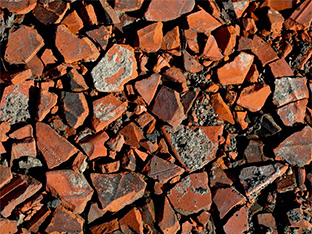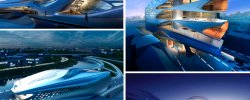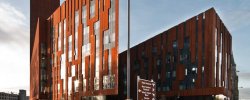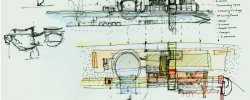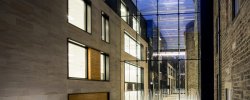MArch Architecture

Structure & Teaching
The design curriculum is delivered through studios, each having a distinct research topic relating to the research and practice of the studio tutors. The studio topics and pedagogy provide a framework and guidance for student projects in Year One and support in Year Two as you develop your particular thesis questions into design propositions. Studios topics change annually in response to current issues in practice and society, challenging the architectural profession, and offering variety in scale, content and context in the UK and abroad.
Please see our proposed 2016/17 MArch studios below. You can find more information on our course blog and see output in our MArch Gallery.
MArch Studios 2016-17*
Cultural Shift: Intensifying heritage through architectural interface. How can history, technology, culture, landscape and innovative thinking inform design and regional cultural identity? How can social ideas and built outcomes have a meaningful relationship? Can architecture be a tool for a more equal distribution of Knowledge and Culture? How can Culture and Knowledge be produced, stored, channelled and disseminated in a time where their very nature seems to blur?
In 2016/17, Studio 1 will investigate the future role of architecture in defining the interface of contemporary cultural exchange within a heritage environment. Studio 1 will work with the Hampshire Culture Trust within the context of Winchester and through a number of challenging thematic studies and collaborations with English Heritage, (possibly) Winchester School of Art and Hampshire County Council Architects Practice will investigate Architecture that produces innovative spaces for knowledge and cultural exchange for the next 10, 25, 50 or even 100 years.
MArch 2 Studio, Tutors (Studio 1): Tina Wallbridge, Pablo Martinez Capdevila
The Architecture & Landscape. This studio will be exploring and experimenting with Urban Hinterlands, parks, landscapes and ruins at the periphery. The studio is the Lab, the seeds are about speculation, growth, invention and entrepreneurialism - small changes which can lead to revolutions. Adaptable, incremental, contextual, controversial – the studio will experiment and explore how programs, briefs, buildings and public space can adapt to the changing contexts, social/environmental/technological interactions in the hinterlands. Initial experiments: Hilsea Lines, Portsmouth. MArch 1: Worthing Station, UK with Future Spaces (Make), Design SouthEast, Adur & Worthing Council. MArch 2: HYPOthesis, thesis dissertation and studio research will be used to define individual or group site(s).
MArch 1 & 2 Studios, Tutors (Studio 2): Nick Timms, Paula Craft-Pegg, Darren Bray
The Emergent Studio: Architecture of, on and around the Edge. The Emergent Studio explores the idea of making architecture within cultural contexts that are not ‘our own’; always in a location that in some way exemplifies an edge condition. Our theoretical platform for exploring these conditions has been, and continues to be, rooted within phenomenology, drawing from the writings of the humane Nordic modernist tradition, in informing our methodologies of interrogation and design. The adoption of the principal of ‘Ethical Praxis’ informs our ethos of providing transformational learning opportunities driven from a phenomenological perspective, supported by our research activity.
MArch 1 & 2 Studios, Tutors (Studio 4): Roger Tyrrell, Greg Bailey, Darren Bray
Making, Understanding and Doing (MUD): Portsmouth: The Island City "Going Dutch". This studio continues to reflect on Portsmouth's response to climate change induced rise in sea levels with the objective of designing resilient and sustainable responses. Infrastructures and their impact on developing Urban and Architectural visions are salient. Studio MUD focuses on direct engagement with design as a way of understanding the issues, materiality and challenges of the urban and architectural proposition, design process and implementation. This year we aim to undertake some particularly exciting work alongside a range of external experts and mentors including the Eastern Solent Coastal Partnership developing alternative design proposals for the Southsea Waterfront.

